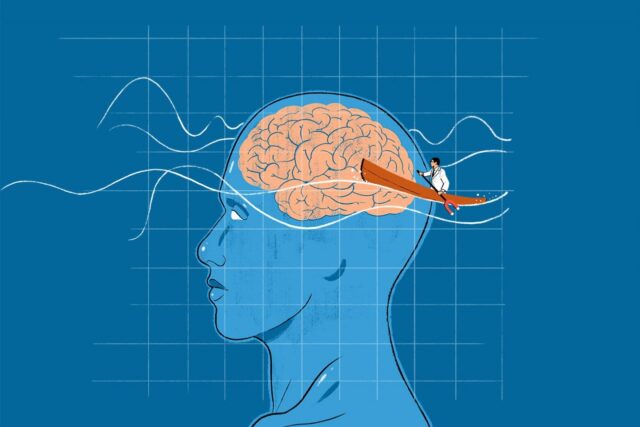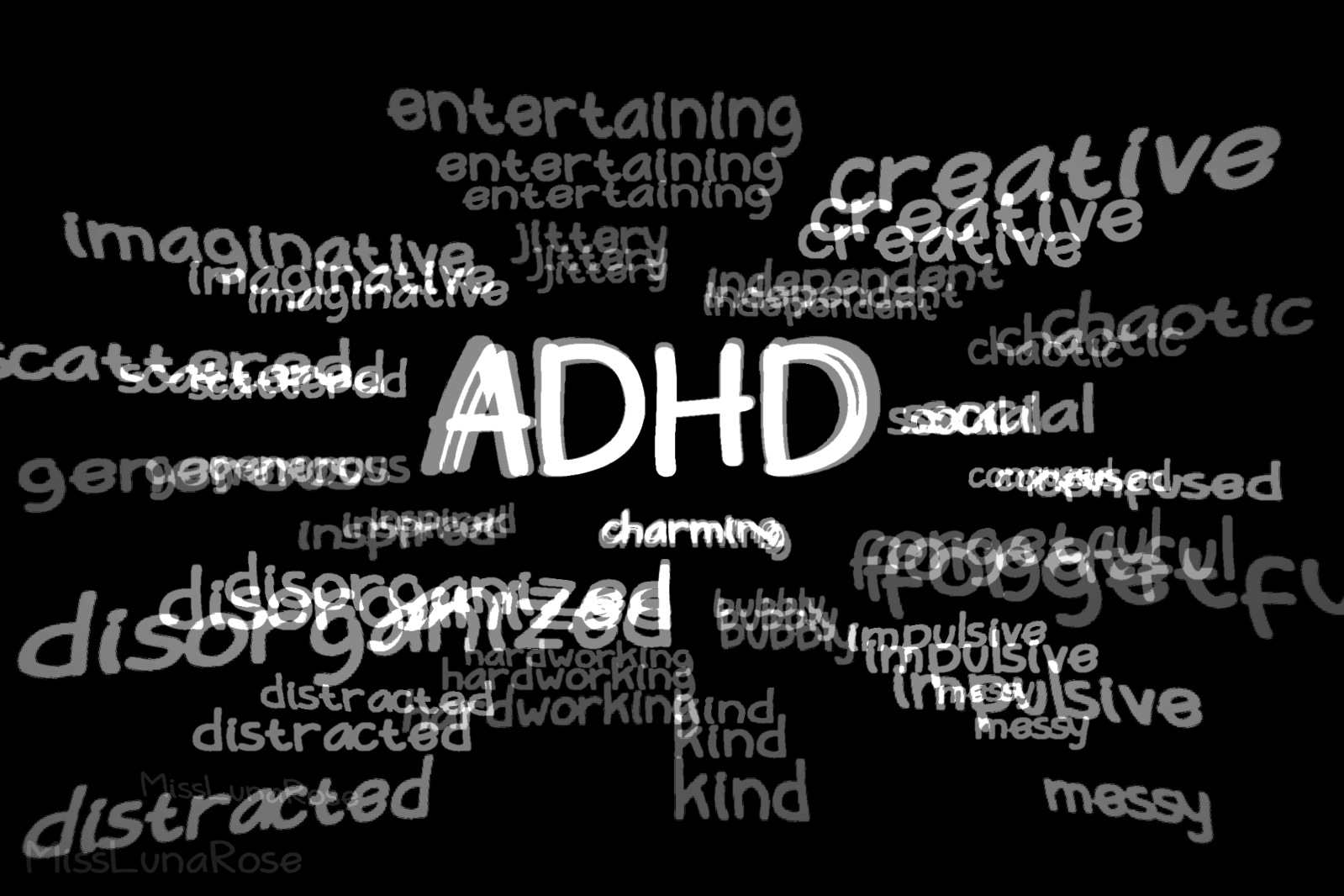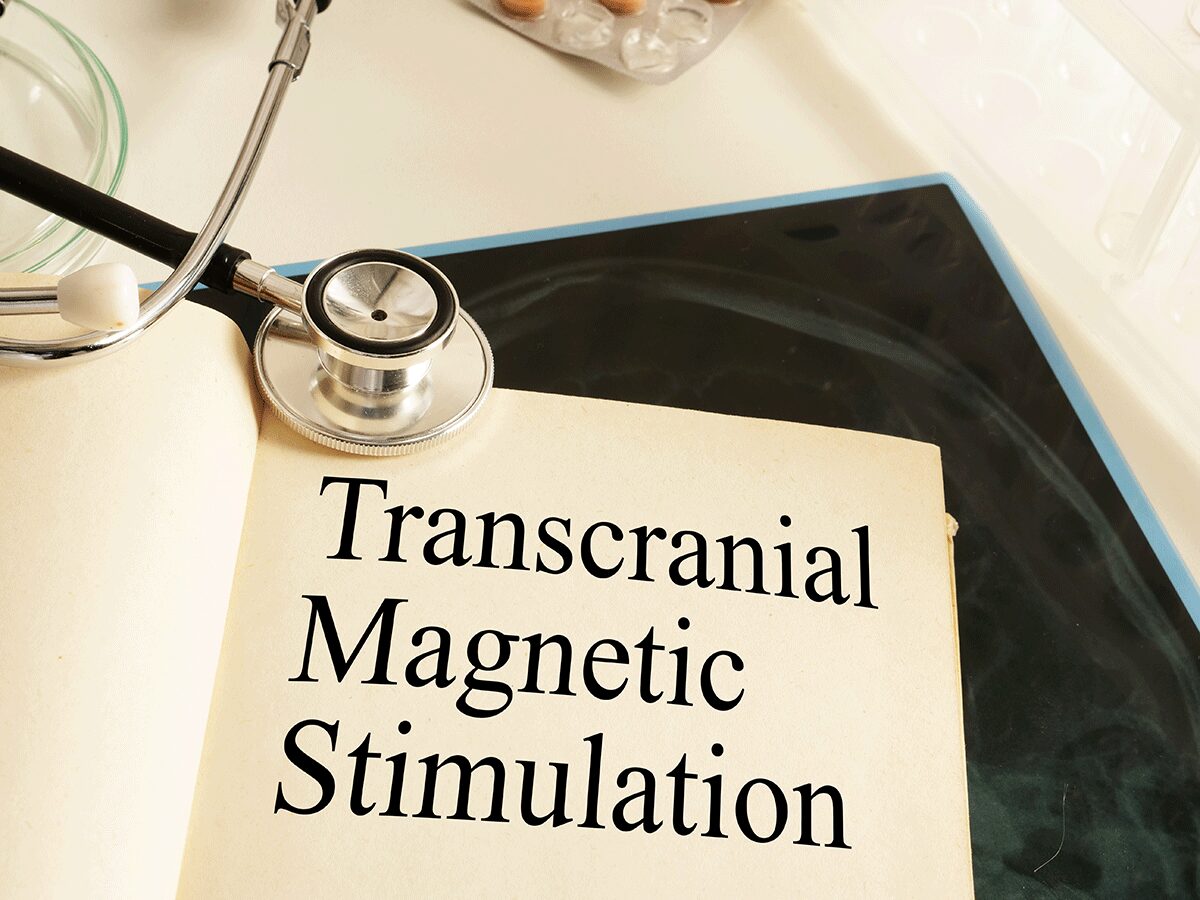
People of all ages can be affected by Attention Deficit Hyperactivity Disorder (ADHD), a neurodevelopmental condition that frequently results in issues with impulsivity, hyperactivity, and attention.
Behavioral therapy and medication have been the mainstays of treatment for ADHD for many years. Although many people find success with these methods, not everyone will benefit from them, and there may be long-term usage issues or adverse consequences.
Transcranial magnetic stimulation (TMS) is one supplemental and alternative treatment that researchers and physicians are investigating as a result of this. We’ll explore TMS’s potential as a game-changer in non-invasive ADHD therapy in this extensive post.
Understanding Transcranial Magnetic Stimulation (TMS)
Let’s begin by discussing TMS’s definition and mechanism of action before moving on to how it may be used for ADHD. A non-invasive neuromodulation method called transcranial magnetic stimulation (TMS) stimulates particular brain areas using magnetic fields.
Being recognized for its potential to cure a variety of neurological and psychiatric problems, it is a relatively breakthrough in the field of neuroscience.
TMS produces magnetic pulses by positioning a coil close to the scalp. These magnetic pulses enter the brain via the skull and cause electrical currents that can either stimulate or inhibit certain regions of the brain’s neural activity.
TMS is a compelling alternative for investigating its potential in treating ADHD since it can modify brain function without the need for surgery or medication.
TMS and ADHD: A New Therapeutic Avenue

The application of TMS in the context of ADHD is still a relatively emerging field of study, but it holds promise as a non-invasive and potentially effective treatment approach.
Researchers are exploring the use of TMS to target specific brain regions associated with attention, impulse control, and executive functions – all areas that are commonly affected in individuals with ADHD.
The Science Behind TMS in ADHD Treatment
TMS is believed to influence brain activity by altering the excitability of neurons in the targeted regions. In ADHD, certain brain areas, such as the prefrontal cortex, have been implicated in the regulation of attention and impulse control.
By applying TMS to these areas, researchers aim to enhance neural connectivity and activity patterns, potentially leading to symptom relief.
Early studies have shown that TMS can influence cognitive functions, making it a candidate for addressing some of the core symptoms of ADHD. These studies suggest that TMS may offer a way to modulate brain activity and improve attention, impulse control, and executive functions in individuals with ADHD.
TMS vs. Traditional Treatments for ADHD

It’s critical to evaluate TMS in relation to more established therapies like behavioral therapy and medication in order to fully grasp its potential in the treatment of ADHD.
The symptoms of ADHD can be effectively managed with medication, which commonly consists of stimulants or non-stimulants. However, there are concerns over the long-term use of medication and its negative effects. Furthermore, some people might not react well to medicine or could choose non-pharmacological methods.
Behavioral treatment, which includes methods such as Cognitive-Behavioral treatment (CBT), can assist people with ADHD in improving their executive function and coping mechanisms. It might not, however, alter the disorder’s underlying brain abnormalities.
Conversely, TMS provides a focused and non-invasive method of directly modifying brain activity in regions linked to ADHD. For those who dislike pharmaceutical therapies or don’t react well to them, it could offer an option.
Personalized TMS Approaches
One of the advantages of TMS is its ability to be customized to each individual’s specific needs. Healthcare professionals can tailor the TMS treatment protocols based on the patient’s symptoms, response to treatment, and any potential side effects. This personalized approach allows for the optimization of TMS therapy for ADHD.
Safety and Considerations

TMS is generally considered safe when administered by trained professionals using approved protocols. Common side effects are typically mild and transient, including scalp discomfort, headache, or muscle twitching during stimulation. Serious adverse events are rare but can include seizures in individuals with a predisposition to epilepsy.
As with any medical intervention, it’s crucial for individuals considering TMS therapy for ADHD to consult with a qualified healthcare provider. A comprehensive assessment can help determine whether TMS is a suitable treatment option and guide the development of a personalized treatment plan.
Patient Perspectives on TMS Therapy for ADHD
It’s important to take into account patient experiences and testimonials in order to have a greater understanding of the practical effects of TMS treatment on ADHD patients. Numerous people who have used TMS have claimed improvements in their attention span, impulsive control, and general quality of life.
Sarah, a patient, talked about her experience receiving TMS treatment for ADHD. She talked about how her ability to focus and control her impulsivity had significantly improved after attending TMS treatments for a few weeks. She reported feeling less dependent on medicine and feeling empowered to manage her symptoms of ADHD.
These first-hand testimonies highlight the potential benefits that TMS might provide for those with ADHD, even if individual experiences may differ.
The Future of TMS in ADHD Treatment

We’re still in the early phases of investigating TMS as a potential treatment for ADHD, and further studies are required to determine its effectiveness and long-term implications. Nonetheless, an increasing amount of data and encouraging patient stories indicate that TMS has a lot of potential as a non-invasive and successful treatment for ADHD.
TMS is a promising new therapeutic option for ADHD sufferers looking for supplementary or alternative therapies as the field develops. TMS is a cutting-edge method for treating the primary symptoms of the illness and enhancing the general quality of life. Those who are considering TMS therapy for ADHD should speak with medical specialists to see whether they are a good candidate for the treatment and to learn more about individualized care plans.
Transcranial magnetic stimulation (TMS) is a potential development in the non-invasive treatment of ADHD, to sum up. Although it might not completely replace current therapy, it is a useful addition to the toolkit of therapies available to people with ADHD and may bring relief to those who have not found satisfactory results with conventional methods.
As TMS research advances, it gives people with ADHD hope for a better future by enabling them to thrive and more effectively control their symptoms.












